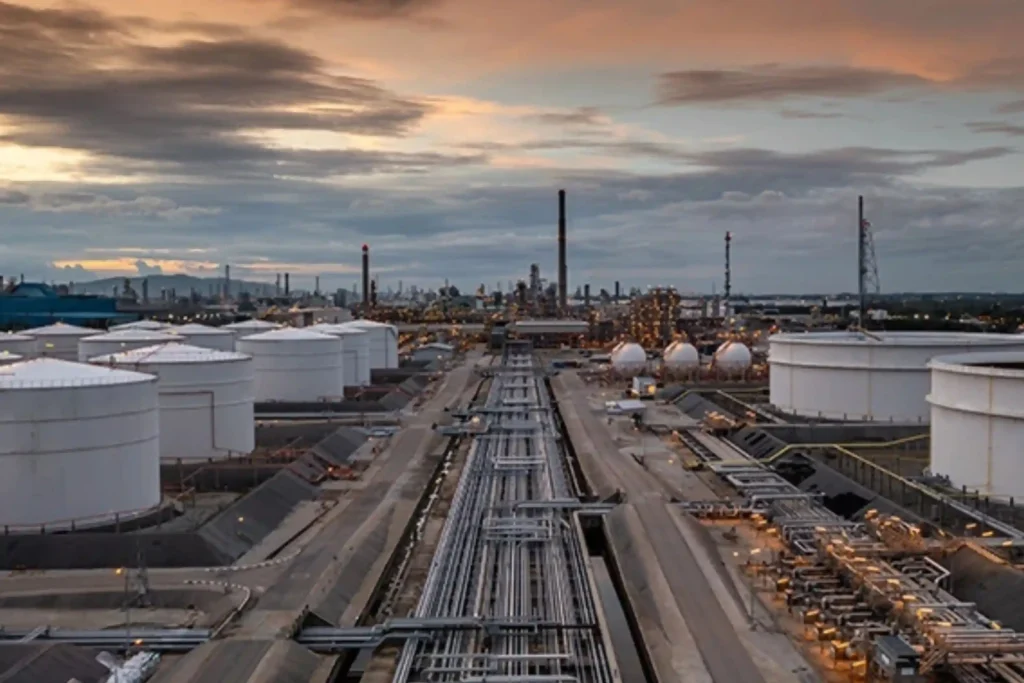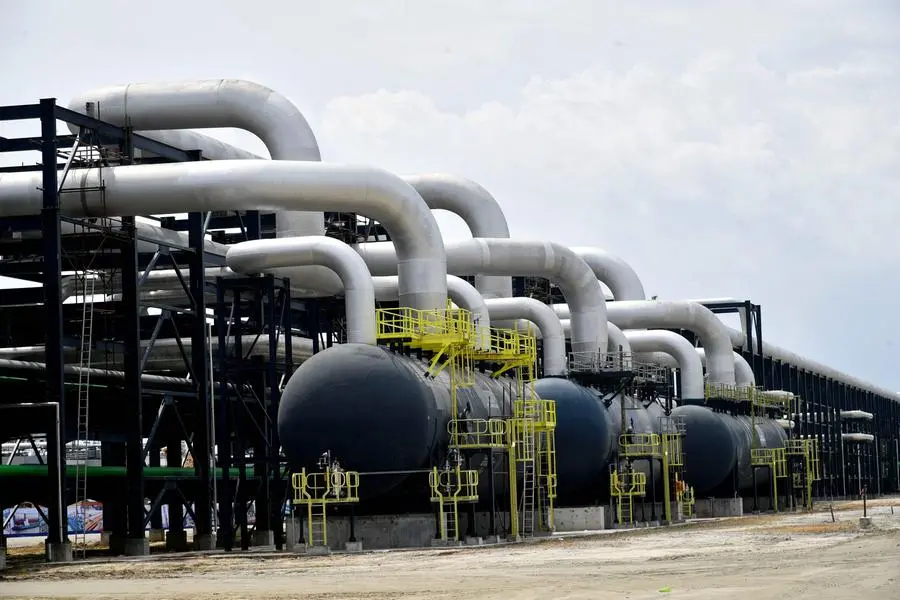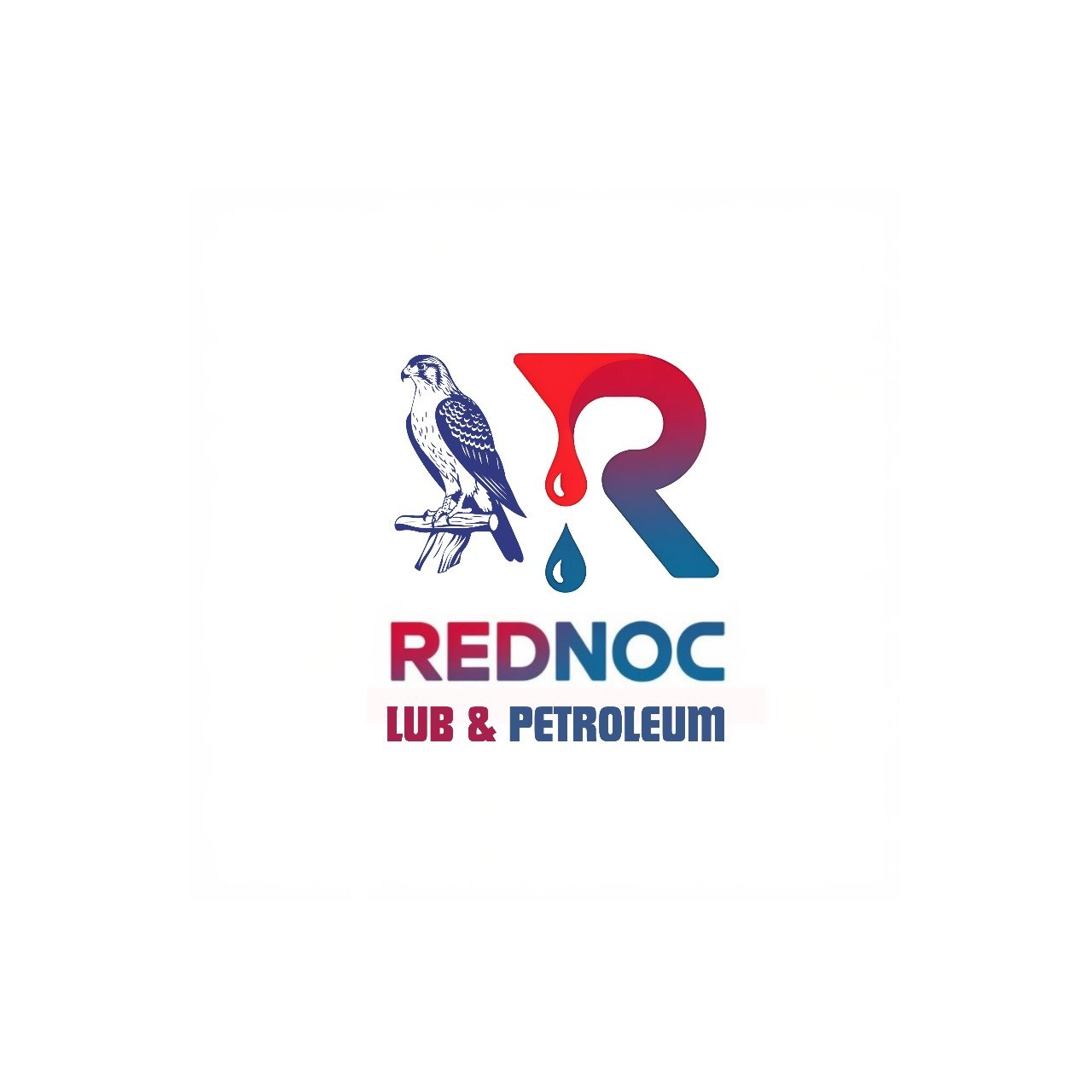
Wholesale of Pledges refueling and fuel
The wholesale of pledges refueling and fuel involves the bulk distribution of fuel products, including diesel, gasoline, and other energy sources, to businesses, service stations, and industrial facilities. This sector plays a vital role in ensuring a consistent and reliable supply of fuel to meet the needs of transportation, construction, and various other industries. Wholesale distributors source fuel from refineries or suppliers and manage large-scale logistics and storage to efficiently deliver the products to their customers. They may also provide additional services such as fuel management, inventory tracking, and compliance with safety and environmental regulations.

The wholesale of pledges refueling and fuel is a crucial segment within the energy and transportation industries, ensuring the supply of fuel to businesses, service stations, industrial facilities, and government operations. This process typically involves purchasing large quantities of fuel—such as diesel, gasoline, jet fuel, biofuels, and liquefied petroleum gas (LPG)—directly from refineries, major oil companies, or bulk fuel suppliers, and then reselling it in bulk to other businesses or end-users. Wholesale fuel distributors often operate as intermediaries, managing logistics, storage, and distribution networks to ensure a steady supply of fuel to their clients.
One key aspect of the wholesale fuel business is the logistics management involved in the transportation and storage of fuel. Fuels are typically delivered via trucks, pipelines, or railways, depending on the geographical location and the volume of fuel being distributed. Storage facilities—such as bulk fuel tanks and depots—are essential to ensure that fuel is available when needed, especially in industries where demand is consistent or seasonal. Fuel wholesalers need to have advanced tracking and inventory management systems to monitor fuel levels and ensure timely deliveries to their clients, preventing fuel shortages or overstock situations.
The pledges refueling aspect often refers to long-term contracts or agreements between fuel wholesalers and clients for guaranteed or scheduled fuel delivery. These arrangements are common with businesses that require large, consistent fuel supplies, such as transportation companies, airlines, marine operators, and manufacturing plants. In some cases, pledged refueling can also involve providing fuel at discounted rates or with added benefits in exchange for committing to a long-term supply agreement, helping both parties secure a stable and predictable supply chain.
Another important aspect of the wholesale fuel industry is regulatory compliance. Fuel wholesalers must adhere to a wide range of environmental and safety regulations, including those related to fuel storage, transportation, and the types of fuels they offer. Many regions have stringent rules concerning fuel quality, emissions, and spill prevention to minimize the environmental impact of fuel distribution operations. As a result, wholesalers must invest in equipment and systems that ensure the safe handling of fuel and reduce the risk of accidents or environmental harm.
In response to growing environmental concerns and government mandates for cleaner energy, the wholesale fuel industry is also witnessing a shift toward more sustainable fuel options. This includes the introduction of biofuels, renewable diesel, and electric vehicle (EV) charging infrastructure as wholesalers seek to diversify their offerings and cater to industries looking to reduce their carbon footprint. For example, some fuel wholesalers now supply ethanol-blended fuels or hydrogen to meet the demand for cleaner alternatives.
Finally, the price volatility of crude oil plays a significant role in the wholesale fuel market. The price of fuel is often influenced by global supply and demand factors, geopolitical events, and market speculation. Wholesalers need to navigate these fluctuations, adjusting prices and managing inventory accordingly to maintain profitability while meeting customer demands.
In summary, the wholesale of pledges refueling and fuel is a highly regulated, complex industry involving bulk fuel procurement, storage, logistics, and distribution to various sectors. It requires efficient supply chain management, adherence to safety and environmental standards, and a growing focus on sustainable and alternative fuel solutions to meet the evolving needs of businesses and consumers.
key points of the Wholesale of Pledges refueling and fuel
Here are the key points of the Wholesale of Pledges Refueling and Fuel:
1. Bulk Fuel Distribution:
Involves purchasing large quantities of fuel (diesel, gasoline, biofuels, etc.) from refineries or suppliers and reselling it in bulk to service stations, industrial facilities, and businesses.
2. Logistics and Transportation:
Fuel wholesalers manage complex logistics, including transportation via trucks, pipelines, or rail, and storage in bulk fuel tanks or depots to ensure a consistent and reliable supply.
3. Long-term Contracts:
Pledges refueling refers to long-term agreements or contracts for guaranteed, scheduled fuel deliveries, often at discounted rates, to ensure a stable supply for clients with large and consistent fuel needs.
4. Inventory and Supply Management:
Effective tracking and management of fuel inventories are critical to avoid shortages or overstock situations, ensuring timely delivery and continuous fuel availability for clients.
5. Regulatory Compliance:
Wholesalers must comply with strict environmental and safety regulations related to fuel quality, storage, transportation, and emissions, aiming to reduce environmental impacts and ensure safe handling of fuels.
6. Focus on Sustainable Fuels:
Growing interest in eco-friendly fuel options, such as biofuels, renewable diesel, and electric vehicle (EV) charging infrastructure, in response to environmental concerns and government mandates.
7. Fuel Quality Control:
Ensuring fuel quality is maintained through proper testing and adherence to industry standards, ensuring that it meets the requirements for different applications, including automotive, industrial, and aviation.
8. Price Volatility:
The wholesale fuel market is influenced by global oil prices, geopolitical events, and market fluctuations, which wholesalers must manage to maintain stable pricing and profitability.
9. Service Offerings:
Many wholesalers offer additional services, such as fuel management, inventory tracking, and refueling equipment, to cater to the needs of large-scale industrial and commercial customers.
10. Diversification:
The industry is diversifying to meet the demand for cleaner fuels, offering ethanol-blended fuels, hydrogen, and other alternative energy sources to meet evolving market needs and reduce carbon footprints.
These key points highlight the essential functions and challenges within the wholesale fuel industry, emphasizing logistics, regulatory compliance, sustainability, and long-term business relationships.
Request a Quote
Learn More From
Frequently Asked Questions
Creating cities and communities that solve problems requires a holistic approach that prioritizes sustainability, inclusivity, and innovation.
The construction of a winning 1 million AED project involves careful planning, strategic allocation of resources, and efficient execution to ensure success.
Our clients in the petroleum industry consistently commend our commitment to quality, reliability, and innovation.
